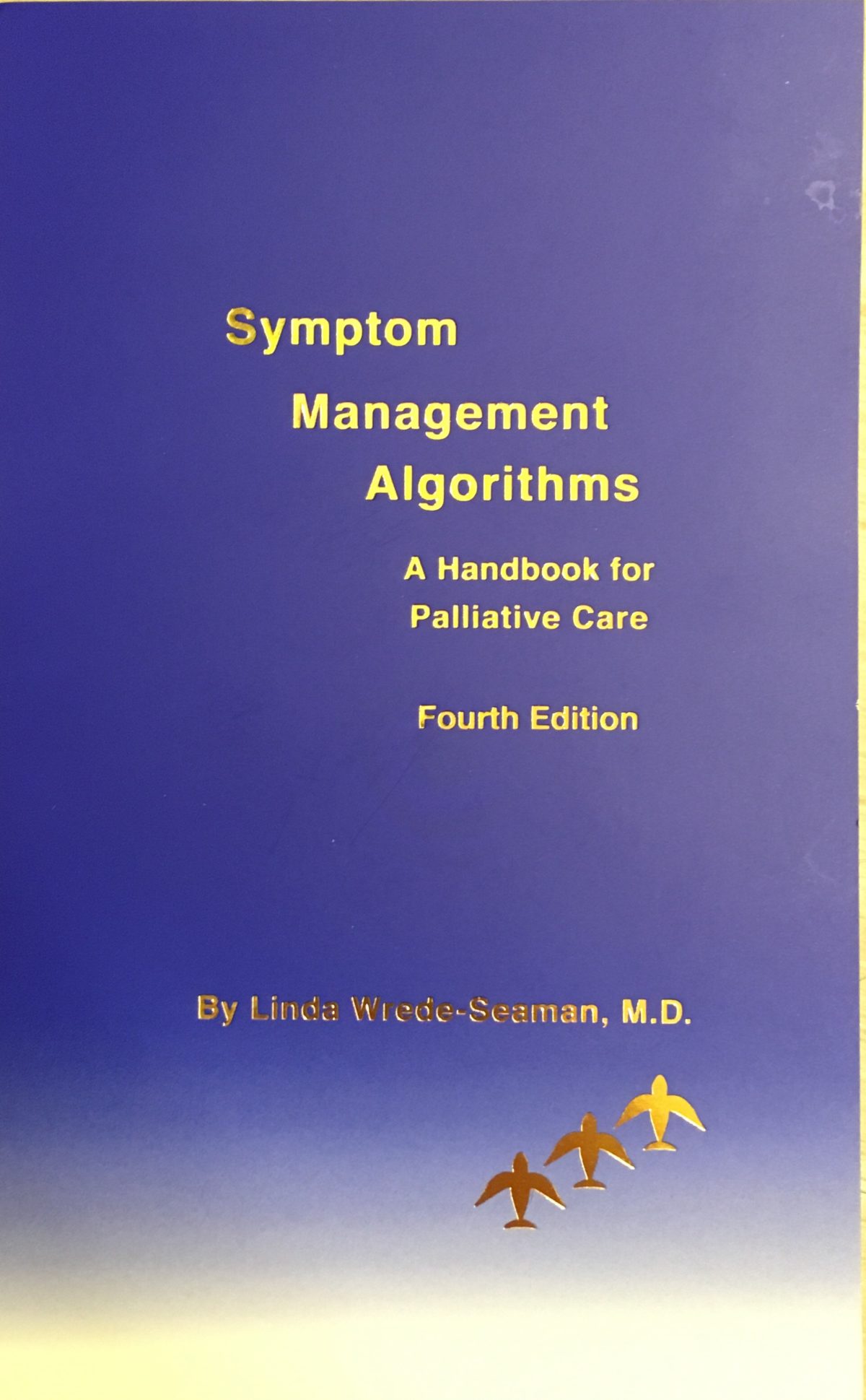Welcome to Intellicard.
Symptom Management Algorithms - 4th Edition
“To Cure Sometimes; To Relieve Often; To Comfort Always.”
~ Sir William Osler
Our human bodies respond to disease with the expression of symptoms. Often these symptoms adversely impact our quality of life; sometimes the symptoms are intolerable. Yet patients consistently indicate that they do not want to be a burden and they don’t want to suffer. While we can readily understand the need of patients for pain reduction, sometimes the worst symptoms have little to do with pain. Overwhelming anxiety with intolerable psychic pain may be far worse than somatic pain. And many patients will tolerate more pain in order to gain relief from opioid-induced constipation. For some patients, insomnia is intolerable. In order to address the broad needs of patients, we need to possess a robust understanding of an array of symptoms; at the same time, we need to understand the treatment options that make sense for each patient.
Some clinicians focus their work in “hospice care”, others focus on “palliative care” for non-hospice patients. However, practitioners who work in all areas of medicine deal with the need to manage symptoms. The use of symptom management algorithms can prove to be helpful when treating a variety of patients in ambulatory care and hospital-based medicine. The authors use this knowledge in the day-to-day practice of medicine. In essence, patients in a variety of practice-settings can benefit from improved symptom management.
When we encounter patients with difficult symptoms, we are sometimes challenged to recall the most effective interventions to respond to patient needs. Most of us remember a few effective drugs, but sometimes we need a useful source of information that provides a comprehensive selection of pharmacologic and non-pharmacologic interventions. When we have used our first and second choice medications, we might need to rely on a source of information to come up with other treatment options. Hopefully, this book will be used to help with symptom management for patients with these difficult symptoms.

The purpose of this book is to offer guidelines for health care providers to provide compassionate care along the continuum of health care delivery for advancing disease management; the content provides guidelines for alleviating distressing symptoms for patients and their loved ones who journey with them. The authors do not endorse physician assisted suicide. As the movement towards euthanasia accelerates in the US and Europe, it is the opinion of the authors that hastening a death with a non studied medical intervention based solely on personal choice remains poor medical care.
